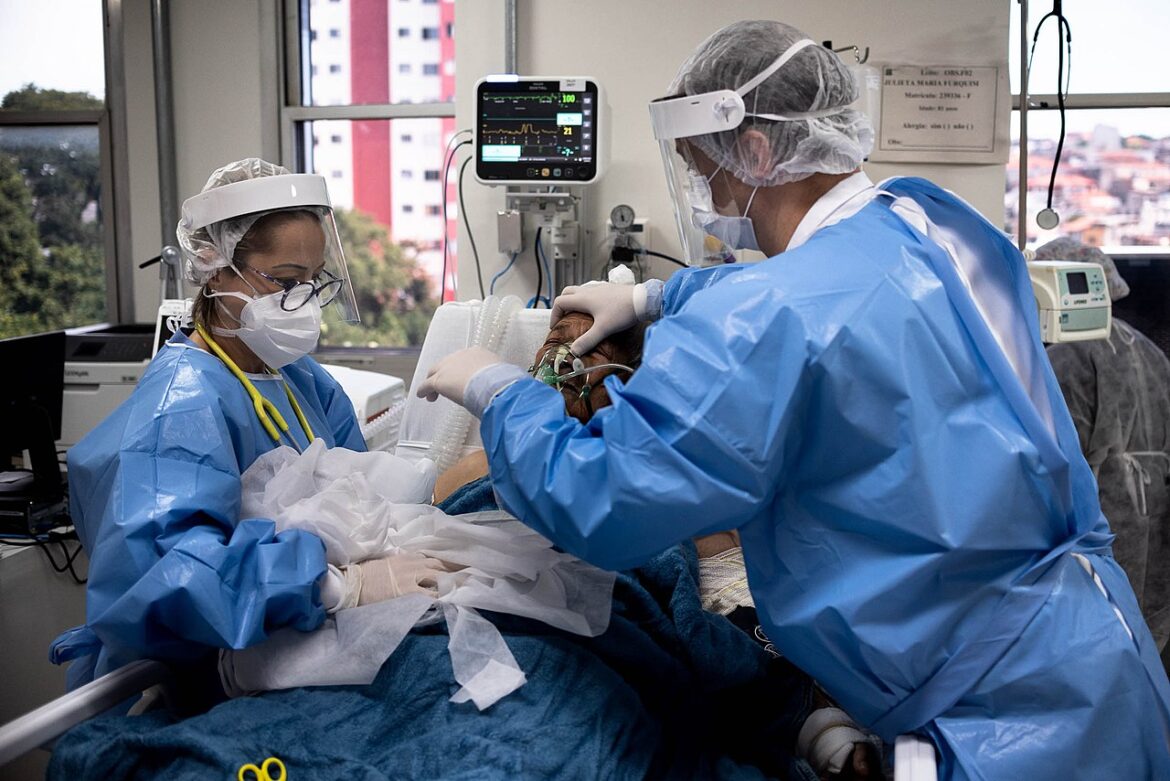1. Introduction
The COVID‑19 pandemic was an unprecedented global health emergency that began in late 2019 and resulted in nearly 20–30 million excess deaths and enormous economic and social upheaval worldwide. Yet, despite its staggering impact, no individuals, governments, or institutions were held formally accountable for failures in pandemic response or origins. This essay analyzes the structural, political, scientific, and systemic reasons behind the accountability void—while also examining calls for reform and what meaningful accountability could look like.
2. Scientific Uncertainty and the Mystery of Origins
A critical barrier to accountability lies in the unresolved origin of SARS‑CoV‑2. While two major theories exist—zoonotic spillover versus lab-leak—neither has been definitively proven. Investigations by the World Health Organization and national intelligence agencies were hampered by limited access and transparency, especially regarding Chinese data and laboratories . Without clarity on how the virus emerged, there is no basis to hold any actor legally or morally responsible.
3. Political Interests, Scapegoating, and International Diplomacy
Holding any one government accountable, particularly China, carries serious diplomatic and economic risks. While critics argue China’s early censorship and obstruction undermined global ability to respond, nations were reluctant to pursue formal consequences due to geopolitical interdependence . Instead, many authorities used blame-shifting or internal deflection to shift focus away from domestic failures.
4. Lack of Enforcement Mechanisms in Global Health Governance
There is no global legal framework capable of imposing enforceable accountability in a pandemic. The WHO, limited by member-state consent, can only issue recommendations, not penalties . The Independent Panel for Pandemic Preparedness and Response (IPPR) has called for an international pandemic treaty with legal obligations and a high‑level global health threats council to monitor compliance—but those proposals remain unimplemented.
5. Diffuse Failures Across Multiple Actors
Failures occurred at every level—from local, national to international institutions. Governments often delayed lockdowns, disregarded evidence, and issued inconsistent public health guidance. Scientific advisory bodies were sometimes created as blame buffers, allowing governments to claim expert consensus while shielding themselves from responsibility. With such dispersed decision‑making, pinpointing a single actor for accountability is highly challenging.
6. Lack of Oversight via Courts and Political Institutions
While some lawsuits were filed, courts are limited to reviewing the lawfulness—not **judgment quality—**of pandemic decisions, and most pandemic directives are protected by emergency powers. Parliamentary inquiries, like those in the UK or Australia, often prioritized lesson‑learning over political accountability—and frequently declined to recommend prosecutions or sanctions.
7. Erosion of Public Trust and the Media Accountability Gap
Media and officials often downplayed threats early on, portrayed lab-leak hypotheses as fringe, and failed to correct shifting public health guidance—such as the utility of masks and school closures. This undermined institutional credibility. Yet there were limited mechanisms in journalism or public health for retrospective accountability—few institutional opportunities to publicly examine mistakes in framing, modeling, or messaging.
8. Institutional Scapegoating and Advisory Body Limitations
Many countries formed ad hoc scientific advisory bodies—some scholars argue—to absorb blame should policy decisions prove unpopular or ineffective. These bodies often lacked oversight, diverse representation, or legislative mandate—serving more as political props than genuine accountability forums.
9. Competing Priorities: Recovery Over Reckoning
As vaccines rolled out and infection peaks subsided, most countries pivoted toward economic recovery. Governments prioritized re-opening and fiscal stimulus rather than retribution or legal review. With public fatigue and political pressure rising, few populations or leaders demanded retrospection or justice over normalcy.
10. Persistent Inequities Highlighted, But Not Sanctioned
COVID-19 exacerbated existing inequalities—disabled people, racial minorities, women, and low‑income groups suffered disproportionate harm. Civil society groups documented these injustices and pushed for accountability, but formal responses remained minimal . Even where infringement of human rights occurred—such as enforcement of strict lockdowns on residents in Melbourne public housing—calls for apologies or legal consequences were largely ignored.
11. Recent Findings and the Limits of Inquiry
Recent national inquiries and commissions—from Australia, Sweden, the UK, to New Zealand—have produced critical evaluations of governance, transparency, and public trust. For example, Australia’s report criticized strict lockdown mandates and erosion of trust, yet recommended no punitive measures due to political reluctance to open “Pandora’s box” of blame . Sweden’s Coronakommissionen acknowledged delayed response and poor protection of elderly but defended aspects of strategy—illustrating the tension between critique and absolution.
12. Calls for Reform and Pathways to Future Accountability
Global panels have proposed reforms—including a binding pandemic treaty, stronger WHO powers, independent monitoring, and a Global Health Threat Council with heads-of-state oversight—to embed accountability in pandemic governance going forward. Lessons drawn from the Lancet Commission emphasize failures of transparency, prevention, equity, and multilateral cooperation, and call for structural changes but stop short of naming individuals guilty of wrongdoing .
13. Conclusion
COVID‑19 has been characterized by devastating loss—not only of lives and livelihoods—but also of public trust in institutions. Despite global failures at nearly every level, no individual has been conclusively held accountable. This void stems from unresolved origins, governance failure, lack of enforcement mechanisms, dispersed responsibility, and political reluctance to pursue retribution during a crisis.
However, legitimate paths forward exist. Global reform toward enforceable pandemic treaties, independent monitoring bodies, stronger legal frameworks, and genuine public inquiries focused on both lessons and consequences could establish a foundation for accountability. Without these reforms, the world risks repeating the same failures when confronted with the next global health emergency.

